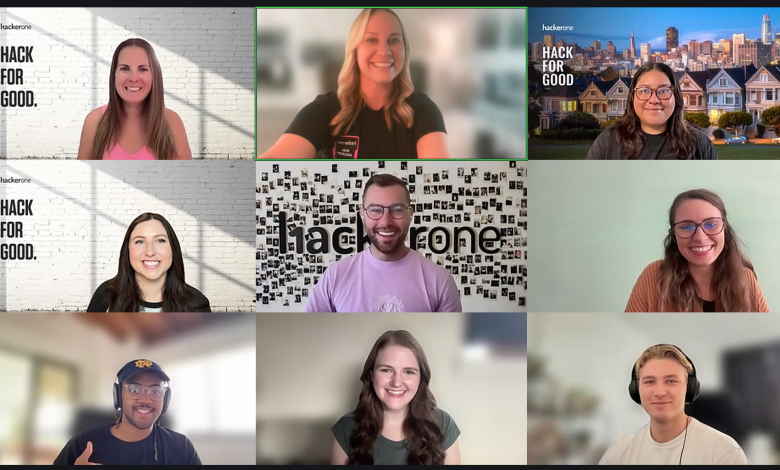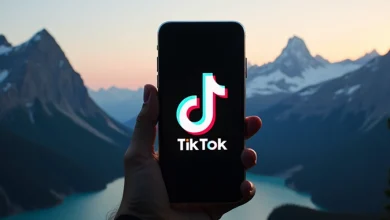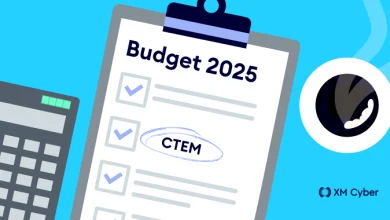How HackerOne Organizes a Remote Hack Week

This year’s Hack Week was dedicated to artificial intelligence (AI), and teams worked together to problem-solve and explore new projects, keeping this theme in mind.
A dedicated hack week or hack day is an excellent strategy for fostering a culture of innovation, enhancing team dynamics, and promoting a forward-thinking mindset within an organization. Here is how HackerOne brings this yearly employee event to life.
Why do it?
Our virtual Hack Week is designed with several key objectives in mind. We aim to:
- Showcase achievements and failures: Highlight the cool projects our teams worked on, emphasizing our commitment to try new things and possibly even failing at them. We all learned something.
- Celebrate collaboration in a remote workplace: Show how working together from different locations can create unique energy and teamwork.
- Boost creativity: Create a space where creativity can thrive, speeding up our product innovation even more.
- Inspire: Encourage other organizations to consider virtual hack weeks and see what they can do.
“I participated in Hack Week because it offered a valuable opportunity to develop new features and services that would significantly benefit our platform’s users. Working with an incredible team and engaging in cross-departmental collaboration was a true pleasure!” – Jenna Newman, Hacker Success Manager, Florida, U.S.
Why an entire week?
It wasn’t always like this; it used to be one day. However, we quickly learned that dedicating a full week to a remote hack week helps teams spend more time on projects. And with a global workforce of Hackeronies in 15 countries, it makes it easier to manage time zones.
“Dreams are limitless, but a focused window of time turns them into achievements.” – Tom Hamersley, Senior Solutions Architect, U.K.
How is Hack Week organized?
Planning
- A small committee finds a suitable summer week to dedicate to this event.
- Once finalized, the committee identifies the dates for pitches, Hack Week, and demonstrations (demos), and a placeholder announcement is made. Teams are asked to cancel other meetings.
Pitches
- A sign-up sheet for pitches is created, and leads begin to add their projects to the list.
- Employees need to recruit other team members to participate and they do this during live pitches. These presentations are 3-5 minutes long and include the following elements: the problem they are trying to solve, the specific skill sets they need, and what they hope to achieve during Hack Week.
- This event usually takes place 1-2 weeks before Hack Week.
Hack Week
- Following the pitches, employees sign up for the teams they wish to join.
- Team leaders are responsible for creating a Slack channel and leading their teams in brainstorming, planning, and aligning on a schedule for the week’s project.
- During Hack Week, teams work together at their own pace and dedicate the time and resources needed to bring their ideas to life.
Demos
- At the end of the week, teams sign up for demo slots, which take place the following week.
- Teams present their projects to the company in 3-5 minutes during the demos.
- Following the presentations, employees vote for their favorites, and five prizes are awarded to the winning teams.
“Hack Week is an opportunity to explore innovative ideas and tools outside of daily work, collaborate with people from other teams, or any combination of these!” – Brian Reigersberg, Staff Software Engineer, the Netherlands
What’s next?
This year, our teams worked on new features for Hai, tools for our Triage team, and automating educational content for hackers. Some of these projects were completed and launched that very same week. Some were tested and didn’t work for HackerOne, but we learned from the experience.
Others are evaluated in different ways. Some projects, especially those fully developed and aligning closely with our current needs or objectives, might be pushed forward for immediate implementation. Some promising projects that need more work or resources might undergo further assessment and development.
How can you organize a Hack Week at your company?
- Define clear goals for your company’s Hack Week, whether to spark product innovation, encourage inter-departmental collaboration, or explore new ideas.
- Next, secure buy-in from teams and leadership by highlighting the benefits, such as breaking from routine to enhance creativity and the potential for discovering groundbreaking projects.
- Set a date, outline the structure, and determine how projects will be pitched, developed, and evaluated.
- Encourage participation from all departments and skill levels, emphasizing the importance of learning from setbacks and successes to promote an open and inclusive environment.
- Finally, facilitate global collaboration by leveraging digital tools and accommodating different time zones to ensure everyone can contribute.
Remember, Hack Week’s ultimate goal is to inspire a culture of innovation that can influence your organization and set a precedent in the industry.



